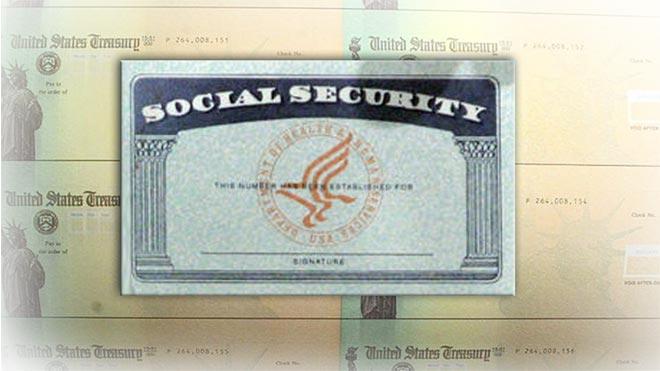3 signs you're about to claim Social Security at the wrong age
Filing for Social Security at the right time is the best way to get the most out of your benefits. And unfortunately, it's a decision that countless seniors get wrong. Here are just a few indications that you're not making the best choice.
1. You don't know what your full retirement age is
While you're allowed to file for Social Security as early as age 62, you'll wind up slashing your benefits if you don't wait until you reach your full retirement age. So if you don't know what that age is for you, it's time to consult the table below.
Because full retirement age is based on your year of birth, there's no single age at which seniors get to collect their benefits in full. Rather, the schedule is as follows:
DATA SOURCE: SOCIAL SECURITY ADMINISTRATION. CHART BY AUTHOR.
Filing for benefits at 66 when your full retirement age is 66 and six months will result in a permanent reduction in payments. While some people claim Social Security early for strategic purposes, if you want to ensure that you collect your benefits in full, then you'll need to get your full retirement age right.
2. You haven't considered your health
Many people focus on finances alone when thinking about Social Security. For example, if you're desperate for money and eligible to file, you might rush to claim benefits immediately. On the flip side, if you're in a decent spot financially, you may not be in such a hurry to file early.
The thing to remember about Social Security, however, is that it's designed to give you the same lifetime payout regardless of when you first file -- provided that you live an average life expectancy. If you don't, then you could end up losing out on benefits by waiting too long.
Consider the following scenario: Your full retirement age is 67, at which point you're eligible for $1,500 a month in benefits. At age 62, you're diagnosed with a health condition that renders you unlikely to live much more than another decade, but rather than factor that into your decision, you opt to wait till your full retirement age to take benefits. Now in this scenario, filing for Social Security five years early would lower your monthly payments to $1,050, but you'd also collect more of them. If you wind up living until age 78 1/2, you'll receive roughly the same lifetime benefit regardless of whether you file at 62 or 67. But if you wait until full retirement age to take benefits and then pass away at age 73, you'll wind up getting $30,000 less out of Social Security in your lifetime.
That's why you'll need to factor your life expectancy into the decision. Though you can't predict the future, you can work with what you know about your health and use that information to make an informed choice.
3. You're acting out of fear alone
There's a rumor going around that Social Security is rapidly running out of money and is likely to go broke any day now. But while the program is facing some financial challenges, it's by no means going broke. Based on current projections, Social Security has enough money to sustain benefits until 2034. At that point, future recipients might face up to a 23% reduction in payments if Congress doesn't intervene with a solution, but that's not nearly the same thing as the program going bankrupt.
Furthermore, it's important to realize that a lot can happen over the course of 17 years, so rather than rush to file for Social Security because you're worried it won't have the money to pay you, read up on the state of the program's financial affairs and educate yourself on the issues at play. It could very well be that filing for Social Security as early as possible is the best decision based on your personal circumstances, but fear of the program's demise shouldn't be the sole or primary factor impacting that choice.
The age at which you first claim Social Security will impact your retirement in its entirety. Before you enroll, take the time to consider the factors that influence your ultimate payout. With any luck, you'll arrive at a decision based on logic, rather than impulsiveness or concern.




















